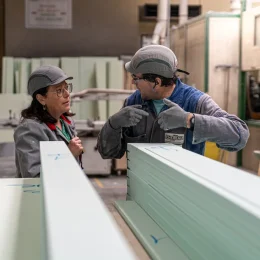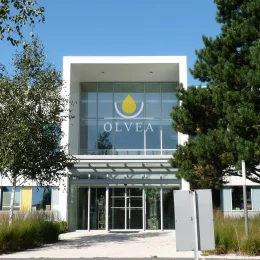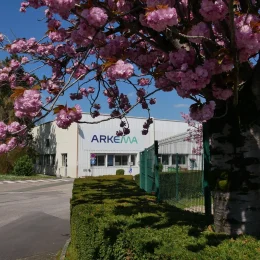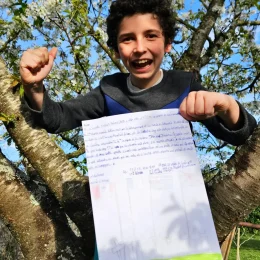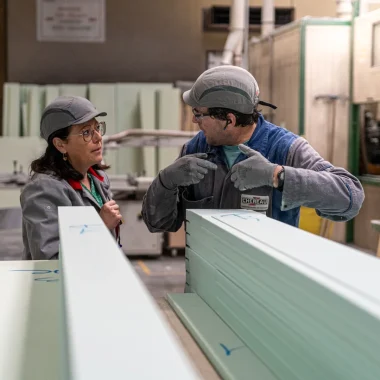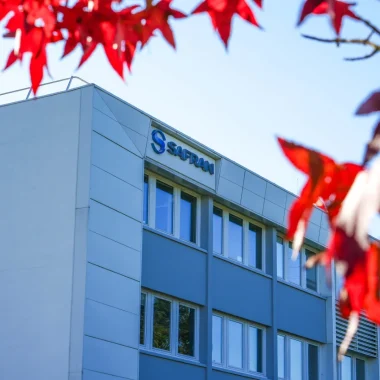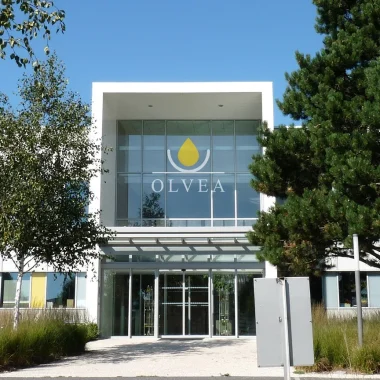The Allies landed in Normandy to liberate France and Europe from the Nazis on June 6th 1944. The milestone event made Normandy famous the world over. Projects such as the Normandy World Peace Forum or Prix Liberté help to remember the past and pass down essential values to future generations. 80 years have passed but the D-Day Landings still strike a chord among people of all ages.
Let’s take a closer look at some of the sites and events through the eyes of Normandy expats.
From the other side of the Atlantic
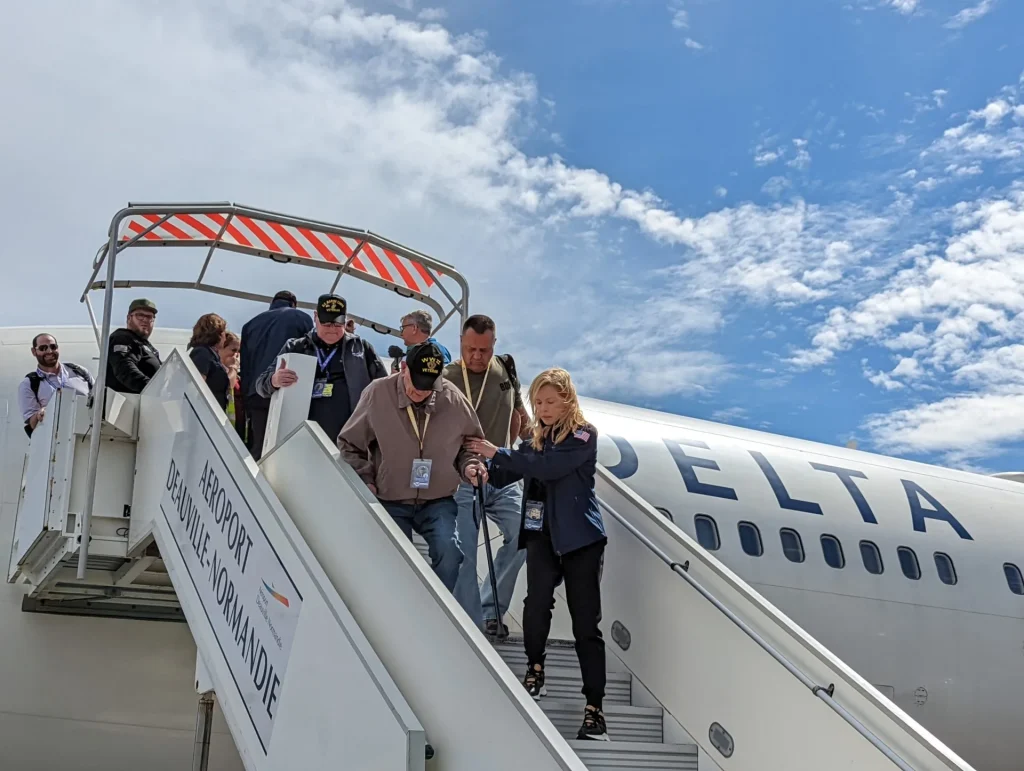
Who hasn’t heard of John Steele, the American paratrooper who landed on the spire of Sainte-Mère-Eglise Church? How do you discuss D-Day without mentioning America? Every year, countless tourists from across the pond make the journey to our Normandy coastline to visit graves where their ancestors or compatriots have been laid to rest. Virginie Feutry Durr is a Normandy ambassador from Caen who now lives in Atlanta. She pulled off the feat of organising a flight from Atlanta to Deauville for US veterans for the 78th anniversary of the D-Day Landings in 2022. “When you listen to veterans, there’s a sense of wisdom, a richness, extraordinary stories that we mustn’t let die with them.” Aside from paying tribute to the past, the idea is to educate younger generations about the event. “Freedom isn’t free, we must never forget that.” A beautiful, moving and historical tribute that she repeated on June 1st 2023 with nearly 40 veterans on board the Boeing 767 chartered for the occasion.
A little further north in Quebec, Nicolas Paquin’s words capture the emotion. A few years ago, the stage artist and writer from Damville, in Eure, delved into the stories of men from Quebec who volunteered for the Second World War. His entire creative process has focused on their memory since then. “I firmly believe that the best way to pay tribute to the Quebec soldiers who suffered in Normandy in 1942 and 1944 is to build a deep and sincere relationship between our two societies. The blood they shed on Norman soil has sealed a strong bond between Quebec and Normandy. The bond may be strong, but it’s been forgotten about in my land despite our motto being “I remember”. I will never stop working on my projects in Quebec and Normandy so that, one day, everyone knows what should never be forgotten.” An objective undoubtedly shared by the Juno Beach Centre, one of Normandy’s key memorial sites paying tribute to the 45,000 Canadians who lost their lives during World War II, 5500 of them at the Battle of Normandy and 381 on D-Day.
From the other side of the Channel
We know that Great Britain and Ireland have a strong connection with our area, especially in terms of the Liberation. Almost 54,000 British soldiers are estimated to have landed on Normandy’s beaches. Just like the memorial sites of the Normandy American Cemetery or Juno Beach Centre in Courseulles-sur-Mer, the British Normandy Memorial officially opened in June 2021 after 6 years of work in Ver-sur-Mer, in tribute to the 22,000 Brits who lost their lives during the Battle of Normandy. It is an essential site and the fulfilment of a lifetime’s work for British veterans who wanted to see the sacrifice of their comrades recognised just like the other nations. Future generations can visit the site to grasp what exactly happened here and understand how Great Britain fought for Europe’s freedom.
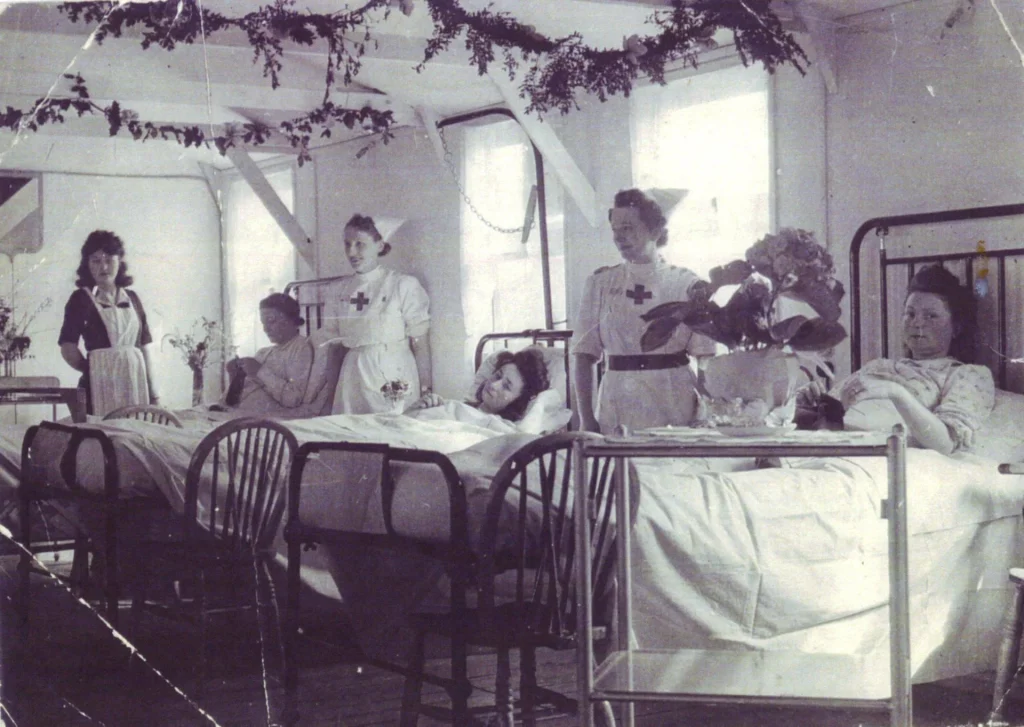
Let’s not forget about Ireland: “When you live abroad, you often see your country through the eyes of the people you take home: I redid the D-Day trail with my boyfriend a few years ago and the sites reminded me how important our duty of memory is,” says 48 year old Mathilde Berthillier, based in Dublin since 2007. “It’s so important to highlight the long-standing relationship between Ireland and Normandy,” says Catherine Gagneux, Honorary Consul of France in Ireland. After hearing a radio programme about the Irish Hospital in Saint-Lô after D-Day, the ambassador wants to celebrate peace and communication projects based on June 6th. “I spoke about this amazing show of solidarity on local TV, it’s part of a national channel and they want to make a TV film or documentary about it…”
And elsewhere?
They may not have been directly involved in the battle, but some countries have the chance to learn how it played out through historical testimonials or the words of Normandy expats…
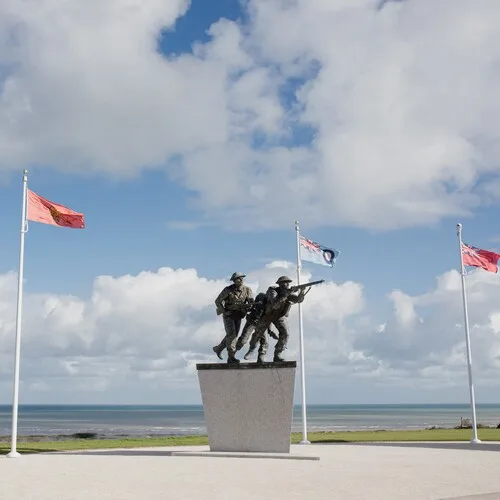
Just take Martial Plantrose from Caen: “I live in Italy and the date doesn’t mean anything here, but every year I get my students together and tell them how June 6th is part of Normandy’s identity.” The date has huge emotional potential for the Frenchman living in Milan for over 20 years. “We all have stories about June 6th. I have my grandmother on my father’s side who was wounded by shrapnel during the Landings. But she loved the liberators. For her husband, my grandfather, it was also the end of his forced labour in Germany, which meant they were reunited and my father was born. We all grew up near a beach and we would play in the bunkers at low tide. We’ve all gone past a cemetery and we all know what lies there.”
A feeling and respect shared by Bérangère Lesage-Ko, based in Seoul in South Korea since 2005. June 6th is a symbolic date there: “it’s actually a bank holiday. The date honours soldiers and civilians who died for the country.” It may be a different battle, “but for me, as a Norman, it’s still D-Day and I always remember the celebrations around it.”
Articles dans le même thème
GANIL, a leading research facility for nuclear physics
Thematics



